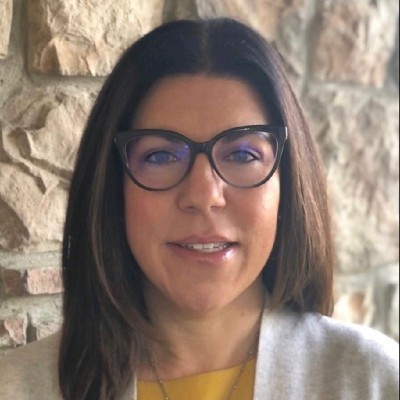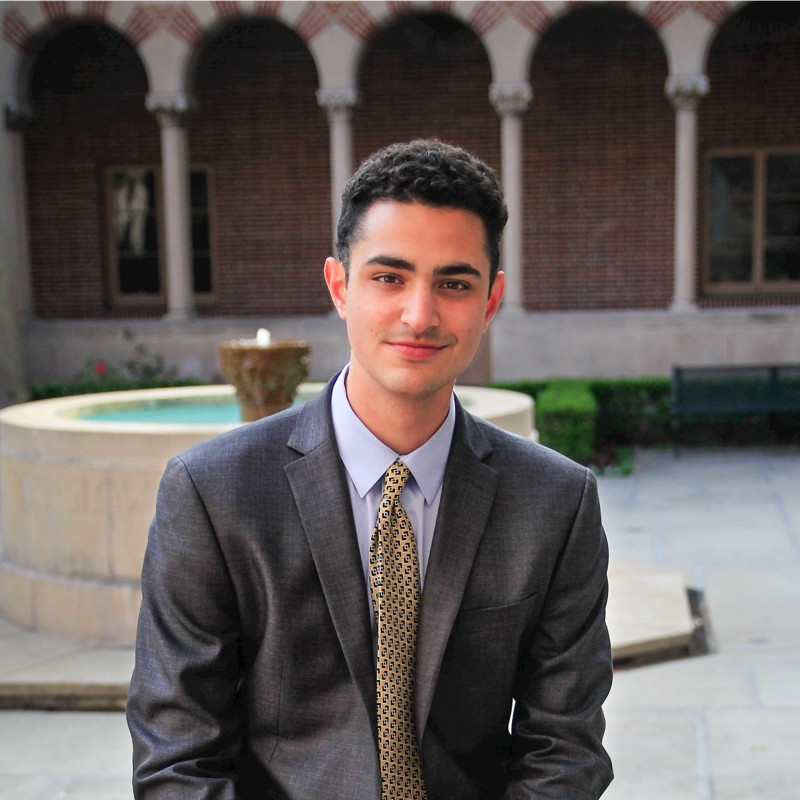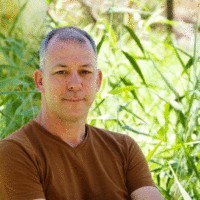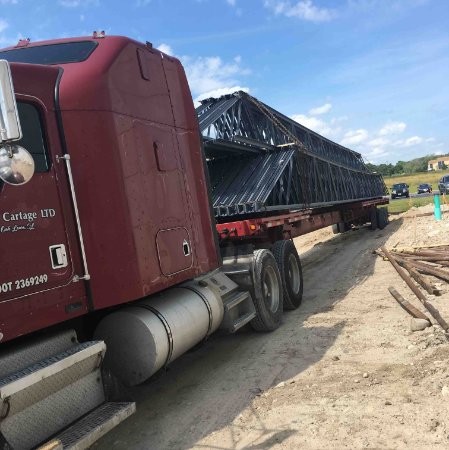Harry Harlow's Email & Phone Number
American psychologist
Harry Harlow's Email Addresses
Find personal and work emails for over 300M professionals
Not the Harry Harlow you were looking for? Continue your search below:About Harry Harlow
📖 Summary
Harry Harlow was an American psychologist known for his groundbreaking work in the field of developmental and comparative psychology. His work focused on the importance of early maternal contact and the effects of social isolation on infant monkeys, which had profound implications for our understanding of human development and attachment.
Born on October 31, 1905, in Fairfield, Iowa, Harlow grew up in a small farming community where he developed an early interest in science and psychology. He earned his undergraduate degree from Reed College in Portland, Oregon, before going on to receive his Ph.D. in psychology from Stanford University in 1930. After completing his education, Harlow began his academic career at the University of Wisconsin-Madison, where he would spend the rest of his professional life.
One of Harlow's most famous and controversial experiments involved rhesus monkeys and the impact of maternal separation and social isolation on their development. In the 1950s, he conducted a series of experiments in which infant monkeys were separated from their mothers and raised with surrogate mothers made of wire or cloth. Harlow found that the monkeys formed stronger attachments to the cloth surrogate mothers, even if they provided no food, than they did to the wire surrogates that did provide nourishment. This challenged prevailing beliefs about the nature of attachment and led to a greater understanding of the emotional and psychological needs of infants.
Furthermore, Harlow's research shed light on the devastating effects of social isolation on the monkeys. Monkeys raised in isolation exhibited abnormal behaviors, such as self-mutilation and social withdrawal, and struggled to form normal social relationships later in life. Harlow's work demonstrated the critical importance of social interactions and maternal care in early development and had significant implications for the treatment of neglected and abused children.
In addition to his research with monkeys, Harlow made significant contributions to the study of love and attachment in humans. He argued that love was not just a result of receiving food and other physical needs, but that it was rooted in the need for emotional closeness and comfort. This challenged the prevailing behaviorist view that relationships were based solely on reinforcement and rewards.
Despite the controversy surrounding his work, Harlow's research revolutionized our understanding of child development and the impact of early experiences on emotional and social development. His findings have influenced parenting practices and the treatment of neglected and abused children, as well as our understanding of the importance of social relationships for mental health and well-being.
In addition to his scientific contributions, Harlow was also known for his witty and engaging writing style. He had a talent for explaining complex psychological concepts in a way that was accessible to a wide audience, and he often used humor and creativity to convey his ideas. This made his work not only influential but also engaging and thought-provoking.
Harry Harlow's legacy lives on through his pioneering research and the lasting impact it has had on the fields of psychology, child development, and animal behavior. His work has shaped our understanding of the significance of early experiences and social relationships in shaping our emotional and psychological well-being. His research has also had a profound impact on how we think about and care for neglected and abused children, and his influence continues to be felt in the fields of psychology and social work. Harry Harlow was a visionary scientist whose work has left an indelible mark on our understanding of love, attachment, and the importance of early maternal contact.
Frequently Asked Questions about Harry Harlow
What is Harlow's contact comfort theory?
The infant's need for physical closeness and touching is referred to as contact comfort. Contact comfort is believed to be the foundation for attachment. The Harlows' studies confirmed that babies have social as well as physical needs. Both monkeys and human babies need a secure base that allows them to feel safe.
What was Harry Harlow's last name before he changed it?
Born Harry Frederick Israel in Fairfield, Iowa (1905-1981), and a member of the Methodist church, he was persuaded by one or more of his Stanford University professors to change his last name to avoid the anti-Semitic bias that plagued hiring in universities during the 1930s (Suomi and Leroy 1982).
What did Harlow's studies of baby monkeys with artificial mothers that were made out of either wire or cloth provide support for?
Harlow's studies of baby monkeys involved the use of artificial mothers made of wire or cloth. The baby monkeys showed a preference for the cloth mother, even when the wire mother provided food. This demonstrated the importance of comfort and contact in forming attachments, rather than just the provision of food.Aug 29, 2022
What are the stages of development according to Harlow?
Harlow, whose studies of rhesus monkeys suggested that infancy, childhood, and adolescence are associated with three distinct socio-emotional stages, which he termed the maternal, peer, and heterosexual affectional systems.Jun 15, 2010
Harry Harlow's Email Addresses
People you may be
interested in

Director of Sales & Marketing at Freedom Village at Brandywine
Actor and comedian
American basketball guard
American musician
American reporter
Canadian actress
United States Representative

Foreign Affairs Columnist at The Washington Post

部门总经理 - 湖北当阳农村商业银行股份有限公司

Equity Research Associate at KeyBanc Capital Markets

I turn Data Pains into Business Gains | Host of Data Strategy Guru's Podcast | Thought Leadership & Brand Awareness | Data Strategist at 7wData | Speaker & Mentor

Truck driver





